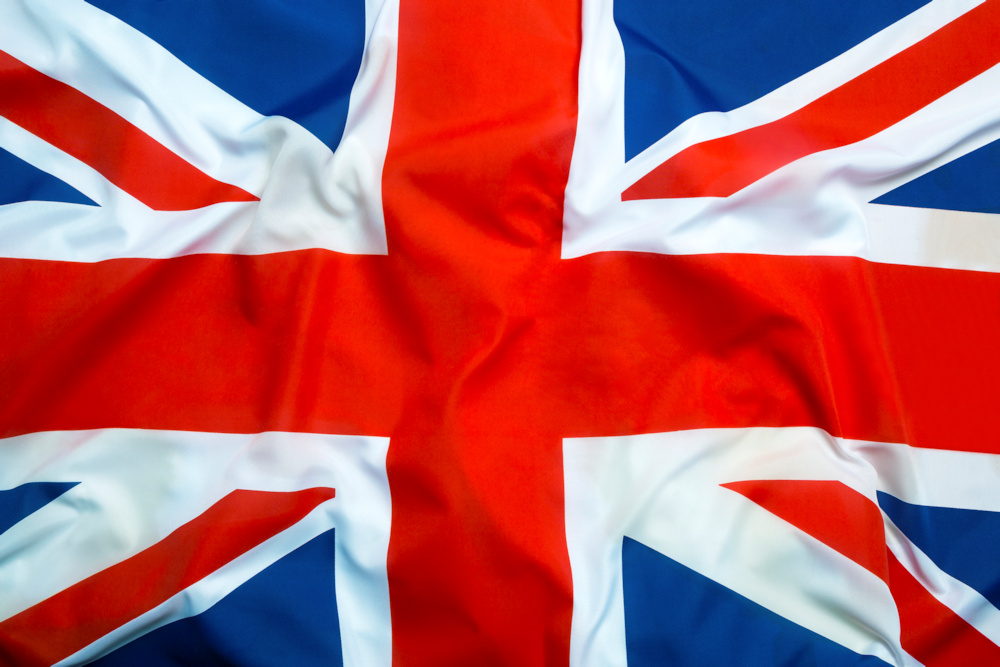From Strathclyde MBA to export business
By Siddharth Shankar - Posted on 29 November 2018
Strathclyde alumnus Siddharth Shankar reflects on how his time at Strathclyde inspired him to launch a brand new business, offering SMEs an innovative solution for exporting British goods to booming new export markets.
When I was studying my Strathclyde MBA I was lucky enough to meet a whole host of brilliant business leaders, heading up highly successful companies. I had a huge amount of admiration for them and what they were achieving – but I also had a question. I was brought up in India, began my career in banking there and then set up a group of companies. All my experience of living and doing business in India had given me a huge appreciation and love for high-quality British-made goods and I was not alone – there is a huge market for products crafted in the UK throughout Asia. So my question, for the leaders I met of British companies making amazing products – why aren’t you exporting them to Asia?
It was during my time at Strathclyde that the referendum on Brexit took place. Many of the business leaders I met exported their goods to Europe and were concerned about how Brexit would impact trade. Inevitably, leaving both the single market and the customs union could make trading with fellow EU countries a whole lot trickier – and more costly. I realised this could be the opportune moment to convince business leaders that the time to start exploiting emerging Asian markets was now.
The emerging economies of Asia hold immense potential. The population of the EU (508 million) pales in comparison to the population of trading partners such as the ASEAN region (635.9 million), India or China. Increasing salaries mean Asia has the fastest growing middle class in the world. It also boasts the highest number of millionaires and billionaires of any continent. As a result, Asia’s population has an increasingly disposable income and consumption is increasing. The demand for products and brands is at an all-time high.
There is a particularly strong demand for high-quality British-made goods. One obvious reason for this is that half of Asian countries are either still part of the Commonwealth or an ex-colony. Indeed, research from Barclays Corporate Banking found that 64% of consumers in India, 57% in China and 48% in the UAE were prepared to pay more for goods made in the UK, because they perceive the quality to be higher.
UK business leaders were, it seemed to me, missing a key growth opportunity. I came to two conclusions as to why more UK SMEs weren’t exporting to Asia: risk appetite and resources. For many SMEs, dealing in new markets with an alien jurisdiction was too great a risk. That’s when we saw a space for our idea.
Tails Trading now partners around 250 British SMEs to market and sell their brands in the growing pan-Asian market, covering a wide range of products including luxury goods, technology and industrial products. We operate on a very different business model from a traditional export consultancy by: investing in SMEs to enable them to meet the increased demand exporting to new markets brings; paying SMEs upfront for the goods we export to reduce the financial risk of exporting; and navigating all the hurdles of exporting to Asia, which can prove particularly tricky for SMEs (from legal issues, IP issues and distribution challenges to language and cultural barriers) for them.










